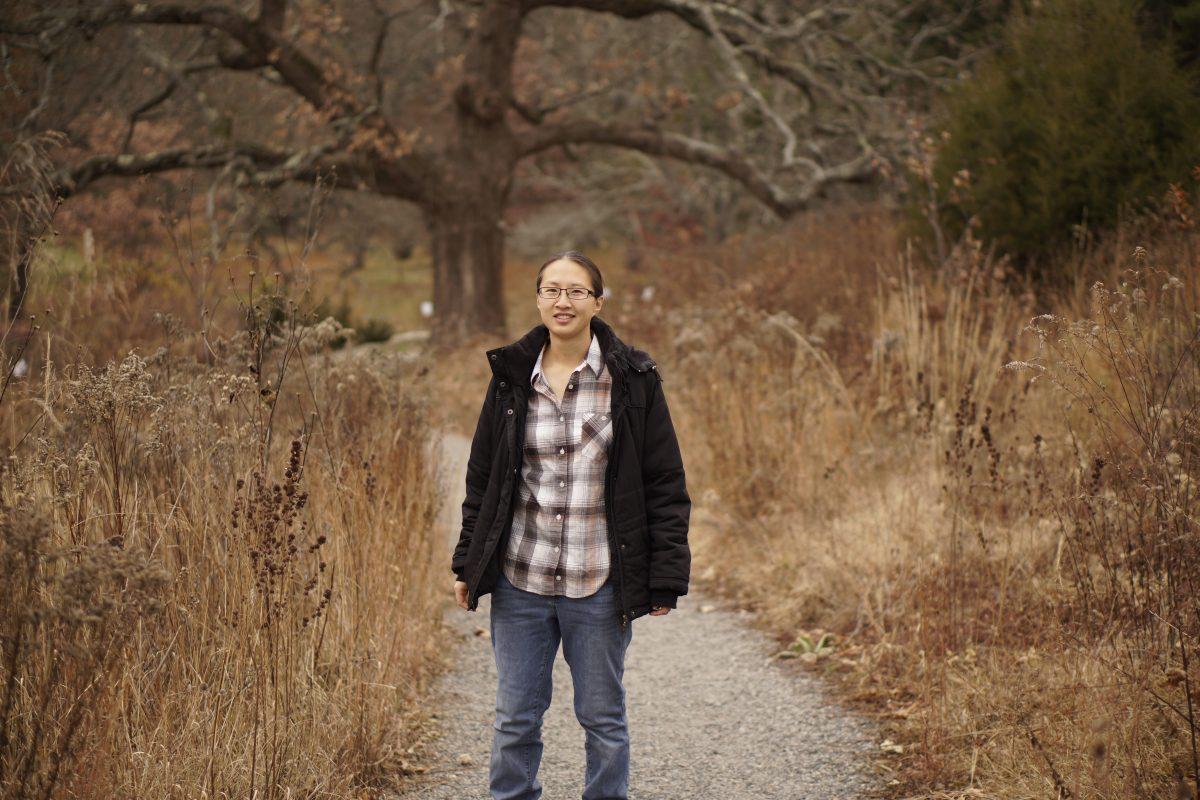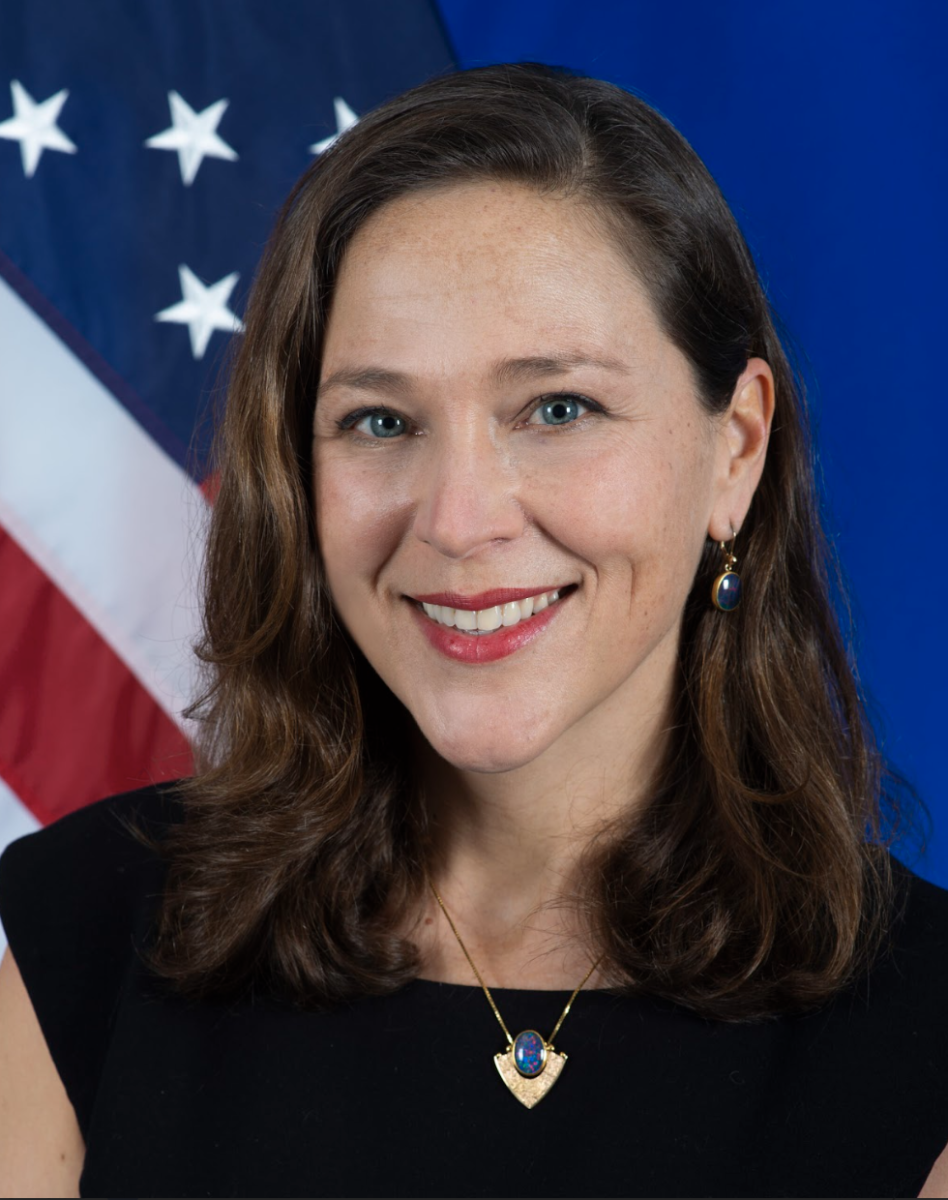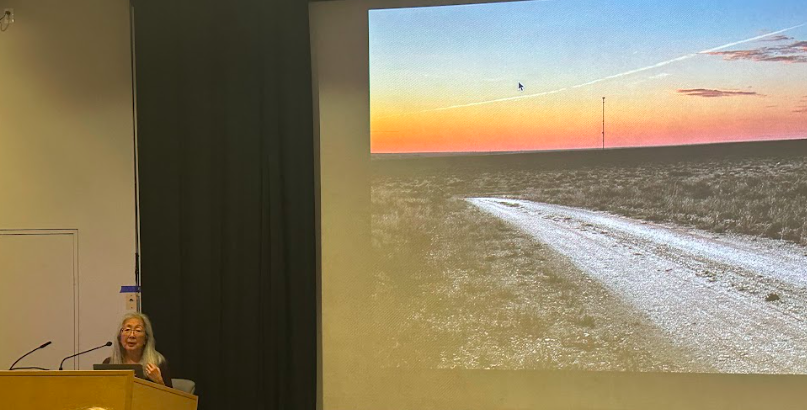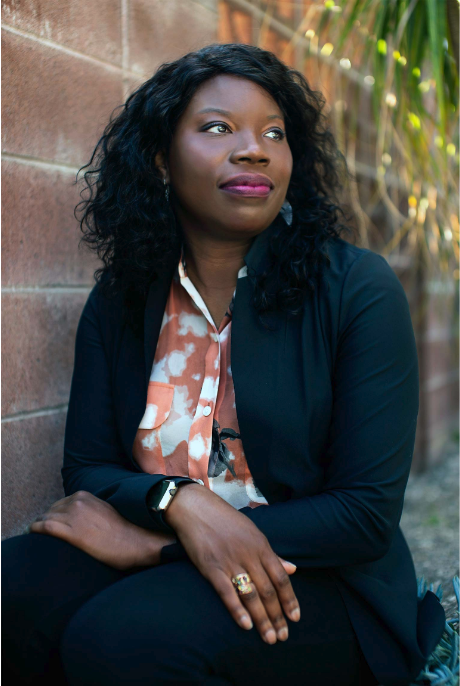Jenn Yang ’12 considers her Ph.D. in plant biology a small rebellion: throughout her childhood, her family defined “successful careers” as occupations in law or medicine.
“[My parents] had this notion that there were only three professions in the world: doctor, lawyer and married to someone rich,” she joked.
Growing up in New Hampshire, though, Yang found that the outdoors brought her a solace and curiosity unlike any she found elsewhere. She was fascinated by the processes of life and evolution.
“I was a quiet kid and enjoyed being on my own in the woods or just laying in the grass, reading a book,” she said. “Being around plants is and has always been meditative and uplifting to me.”
Yang had the opportunity to explore her interest in science from an early age, from sustainability-focused overnight camps to ecological expeditions where she was able to conduct her own experiments at a local bog over the summer. She also excelled at biology in high school and had supportive teachers who encouraged her to dive into her interests to guide her learning.
As she grew older, Yang realized that her love of the outdoors could be combined with one of her other passions: biology research.
However, she knew early on that she wanted to focus on the plant kingdom within her research in biology.
“I liked biology, but after a lab where we had to put mice in tubes…I figured out pretty quickly that I only wanted to work with plants,” she said.
When the time came to apply to college, Yang was certain that Wellesley was the school for her, and she appreciated more than just the biology program.
“I definitely took advantage of the liberal arts. I took a lot of different languages and was part of clubs. Some of my favorite classes were probably sociology classes,” she said.
Having an interdisciplinary education gave Yang the ability to incorporate social justice aims into her research. She chose to pursue a plant biology doctorate at Penn State University, which gave her the resources to conduct large-scale agricultural research on nitrogen uptake in plant roots.
“As a student, I did a lot of research related to climate change. One of the big effects of climate change is going to be making it more difficult to grow crops and to have decent yield, given drought, unpredictable weather and land degradation,” she explained.
Surprisingly, scientists still don’t know a lot about the internal structure of roots. This gap in knowledge allowed Yang to explore some of the most fundamental questions about plant biology in her doctoral research but also presented a lot of basic challenges.
“It’s nice to be a grad student and enter a new field with very little literature to rely on. On the one hand, you can ask very basic questions…on the downside, it’s hard to find literature to support your ideas and you have to lay the groundwork yourself,” she explained.
The process of graduate school itself taught Yang a lot about resilience. She found herself amazed at how much of her research she couldn’t use; she said that two out of the three years’ worth of research she did ultimately didn’t make it to her dissertation.
The transition from studying at a historically women’s small liberal arts school to a large research university was quite stark, but Yang said that Wellesley provided her with educational opportunities that gave her the intellectual resilience to grow and take on unexpected new challenges. Taking advantage of the opportunity to study abroad, where she was thrust into an unfamiliar environment to study a different language, gave her confidence in problem solving.
“That’s the kind of mentality that was really useful,” she explained. “I did a lot of work in field sites where I just had to jump in — there wasn’t anything around… you had to be creative.”
Yang also credits her courses at Wellesley for giving her the kind of hands-on experience and fundamental knowledge that allowed her to thrive in new research environments.
“We have access to labs and equipment and techniques that people who have gone through the same degree in other institutions haven’t. The breadth of biological techniques and ideas that I came out of Wellesley with was really, really useful,” she said. “It helped me collaborate with people who had a range from a range of biological backgrounds.”
Yang has been back at Wellesley working on developing the new greenhouses since she defended her dissertation this fall and will be staying on to work on research at the campus botanic gardens. She’s excited to be back at the institution that cultivated her love of plant research and to continue her journey here. She fondly recalled a speech Dean of Academic Affairs Ann Velenchik gave to her graduating class in which Velenchik urged the graduates to “find their people.” Yang said she’s found her people here.
“The people I’ve been able to work with are really good people,” she said. “It’s really hard to turn away the opportunity to be a part of this community again.”
“The people I’ve been able to work with are really good people,” she said. “It’s really hard to turn away the opportunity to be a part of this community again.”









